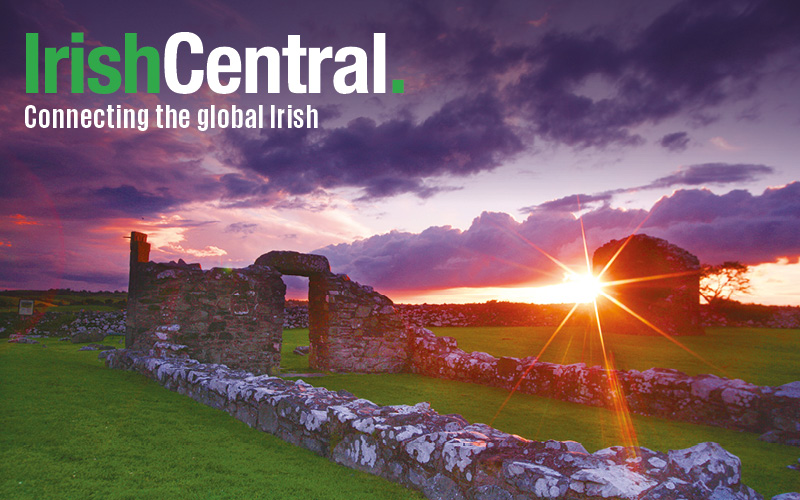Posted by MeganFinnegan at 10/21/2009 6:09 PM EDT
A fellow journalism student sent me the link to this article, published in the New York Times on October 13, “Orthodox Jews Rely More on Sex Abuse Prosecution,” knowing my interest in all things Catholic and knowing that for the next several generations at least, any type of child sexual abuse perpetrated by religious figures will be linked, deservedly or not, to the Catholic Church.
The article describes the recent and unusual spate of prosecutions by the Brooklyn District Attorney’s Office against members of the Hasidic Jewish community for varying offenses of sexual abuse of children. It is unusual because the Hasidic community rarely reaches beyond its own systems of law and authority to redress crimes.
The parallels of this story with that of the Catholic church are what make it newsworthy, and worthy especially of our attention, because where we find similarity we find the possibility for prevention.
As the Jewish community bravely faces those in their midst who would harm children, what insights can the Catholic community give them? Maybe none, but I have to think that we can glean something at least constructive from our past and ongoing tragedy of abuse in the Catholic church.
(An important side note: I use both the words “our” and “tragedy” purposefully and specifically.
Anyone with any affiliation to the Catholic church should embrace the abuse scandal and own it, because that’s the only way it will not continue. Things like this happen when no one thinks it’s their duty to stop it, and a Catholic person can’t keep going to church and donating money to the institution and then say, I’m only part of the good things this church does.
The definition of the word “tragedy” has morphed into many forms since Aristotle explained it. In a classical sense, Hurricane Katrina was a disaster; the fact that the levies broke and the entire city flooded was a tragedy, because it could have been prevented. A tragedy is facilitated by hubris, by excessive pride, by the hero’s conviction that he can do no wrong and by his decision to ignore warnings to the contrary. The priest abuse scandal has been a tragedy for all the same reasons.)
What can we do? What can the Jewish community do?
We can stop pretending that our religious leaders were shaped more closely to the image of God than the rest of us. It’s one of the most basic of religious and human principles: we’re all the same. Everyone should be accountable and no one should be trusted absolutely. We can invest our absolute trust in God.
We can remember that sometimes, outside involvement is the simplest and most direct way to shed light on problems. Investigations and questions should be welcomed. When a crime is committed, the police should be called. These are very simple tenets of citizenship that we tend to brush aside. The church may not be a democracy, but in this country, it must function as a part of a democracy.
We should not worry about image. A church or synagogue doesn’t need a public relations office. Transparency is the best press and the desire for justice is the best image.
Most of all, we should foster an environment in which children are not afraid. This is a big problem for the Catholic church, but it has gotten better since the days of ruler-slapping nuns terrifying schoolchildren. Children who have been abused often stay silent simply out of fear, so we need to address that.
Are any of these ideas new or particularly ingenious? No, not at all. So why write about it now?
Because there should never be a time when we forget what has happened and how our church turned a powerful blind eye to children in peril. In the United States, we might feel that the scandal is behind us, but in Ireland it is fresh and raw and worse than anything most people could have imaged. As other religious groups now find themselves in similar situations, we should be able to say to them, That’s horrible. It happened to us. We are praying for you and we are here to help.
We will never be able to give back what was taken from children who were abused by Catholic priests, but we can at least continue to recognize what happened and fight it openly and fiercely. We can never do enough.
What else can we do?




Comments